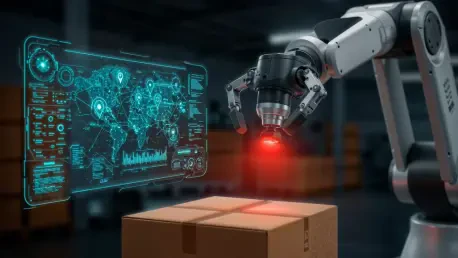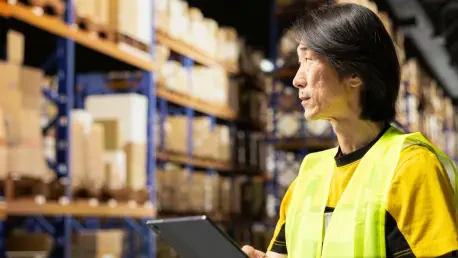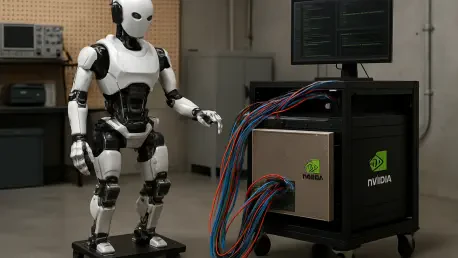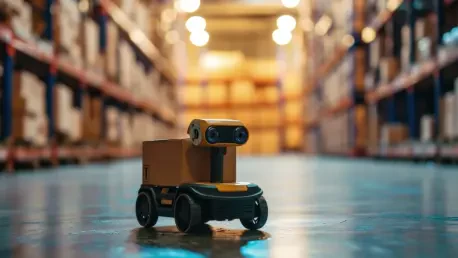
The relentless pace of digital commerce is exerting unprecedented pressure on the physical world, stretching traditional supply chains to their breaking point. In an environment where consumer expectations for speed and accuracy are non-negotiable, the conventional warehouse model is proving to be

The silent hum of an autonomous drone navigating a towering warehouse aisle represents a far more profound operational shift than mere automation; it signals the dawn of a logistics ecosystem that can see, think, and adapt in real time. Warehouse Machine Vision, a sophisticated fusion of advanced

The familiar whir of hydraulic systems has been replaced by the quiet hum of electric motors, signaling a monumental shift as Boston Dynamics officially ushers its iconic Atlas robot from the realm of viral videos into the demanding world of industrial automation. The all-new Electric Atlas

The complex and resource-intensive journey of bringing advanced humanoid robots from concept to real-world application is being fundamentally reshaped by a new development paradigm centered on powerful AI and simulation. At the forefront of this transformative shift is the UK-based AI and robotics

A single misplaced pallet can trigger a cascade of costly errors throughout the supply chain, a multi-billion-dollar problem demanding a new generation of automated solutions. As companies bleed capital from inventory inaccuracies, the search for a definitive technological fix has intensified,

From Auxiliary Tool to Central Nervous System The logistics and transport industry is in the midst of a watershed moment, as artificial intelligence completes its evolution from a helpful ancillary tool to the core, systematically integrated nervous system of daily operations. This year, 2026,